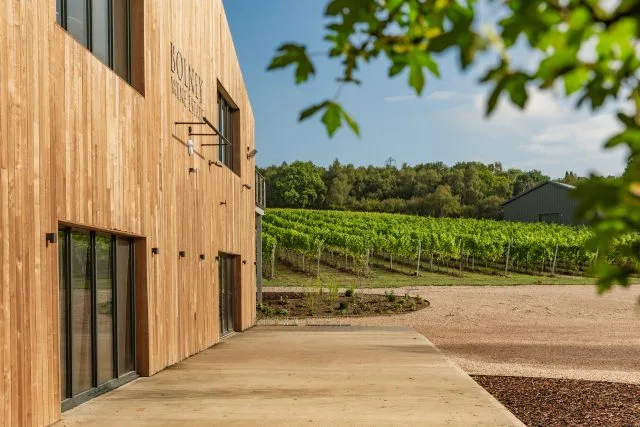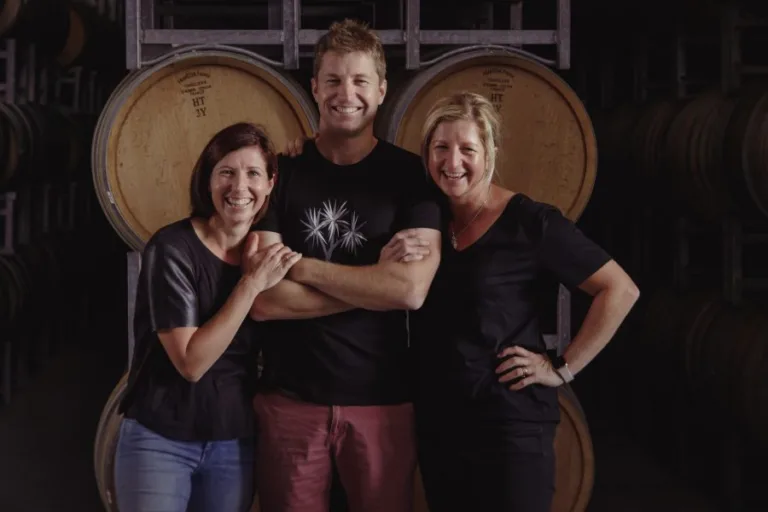James Davis MW, general manager of Bolney Wine Estate, shares exclusive insights into how the new alcohol duty structure, shifting consumer preferences and evolving climatic conditions are shaping the landscape for English winemakers. The English sparkling wine category is gaining recognition both at home and abroad, but navigating complex market dynamics is crucial for its continued growth. The introduction of a revised alcohol duty framework has created waves in the wine industry. According to Davis, the changes bring both challenges and opportunities for English producers. “Overall, the new duty structure is destabilising for our industry, with time-consuming administration and complexity to deal with,” Davis told db. “However, for English producers, our wines are typically produced with lower final alcohol levels, which can benefit from the new duty structure overall.” Bolney has taken advantage of this with its portfolio of lower-alcohol wines. “At Bolney, we produce wines for consumers that are refreshing and often lighter than other global alternatives,” Davis said. He also advocates for cellar door duty relief to support local sales and foster community engagement—a move that could bolster smaller producers and enhance local economies. While the new duty framework is reshaping operational realities, Bolney has adapted with innovation in its product offerings. “A good example this year is our English Vines Rosé, which is 11.0%. We introduced it in late spring, and it has proven to be a delightful, refreshing, and vibrant rosé,” Davis said. Nonetheless, Bolney’s core commitment remains the production of classic sparkling wines crafted from
This Article was originally published on The Drink Business - Wine






